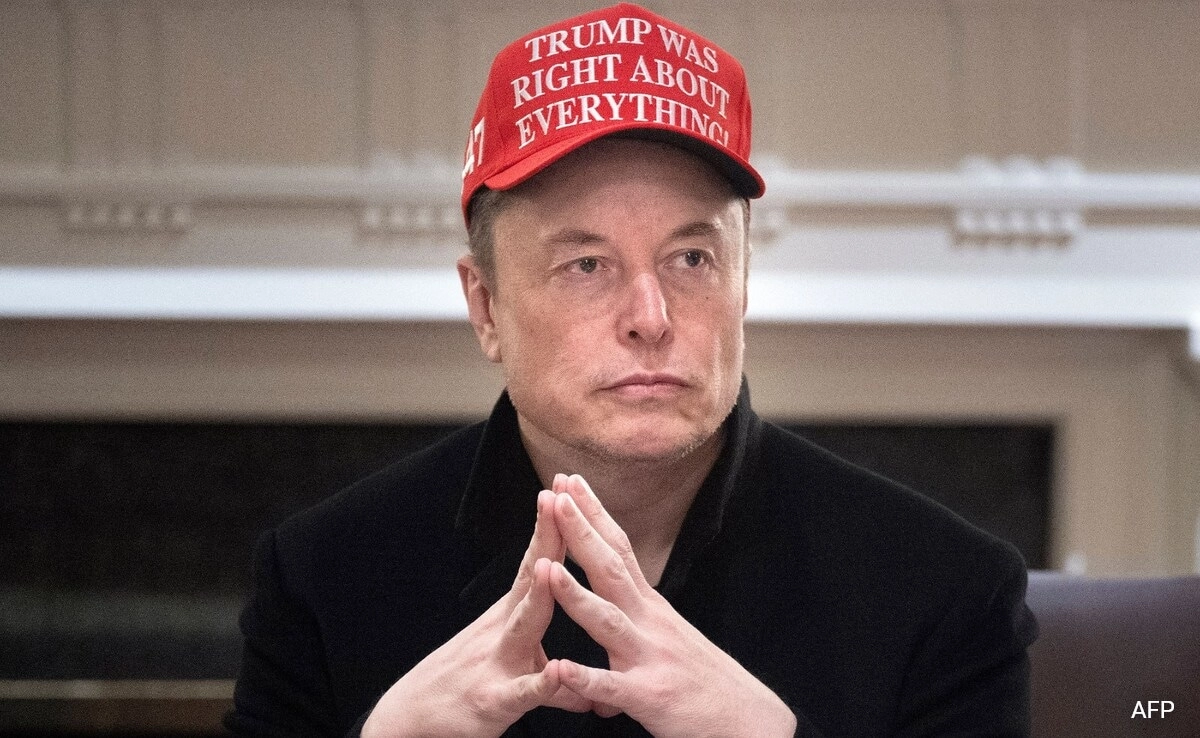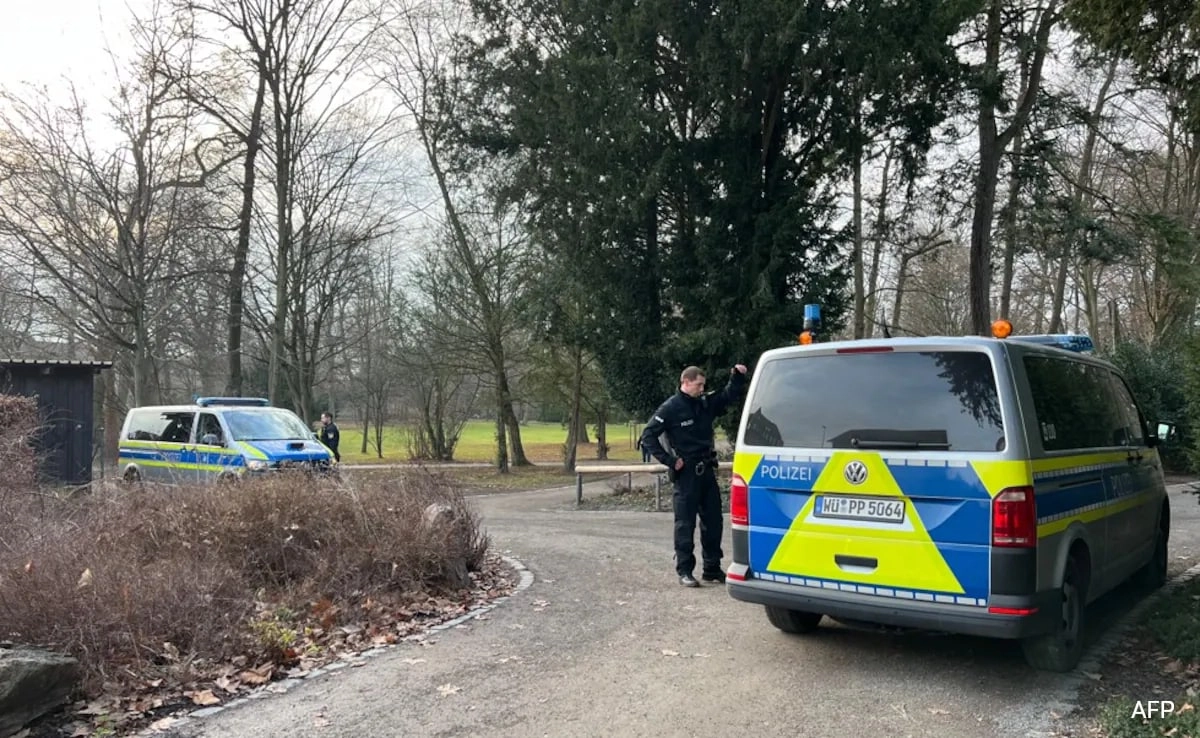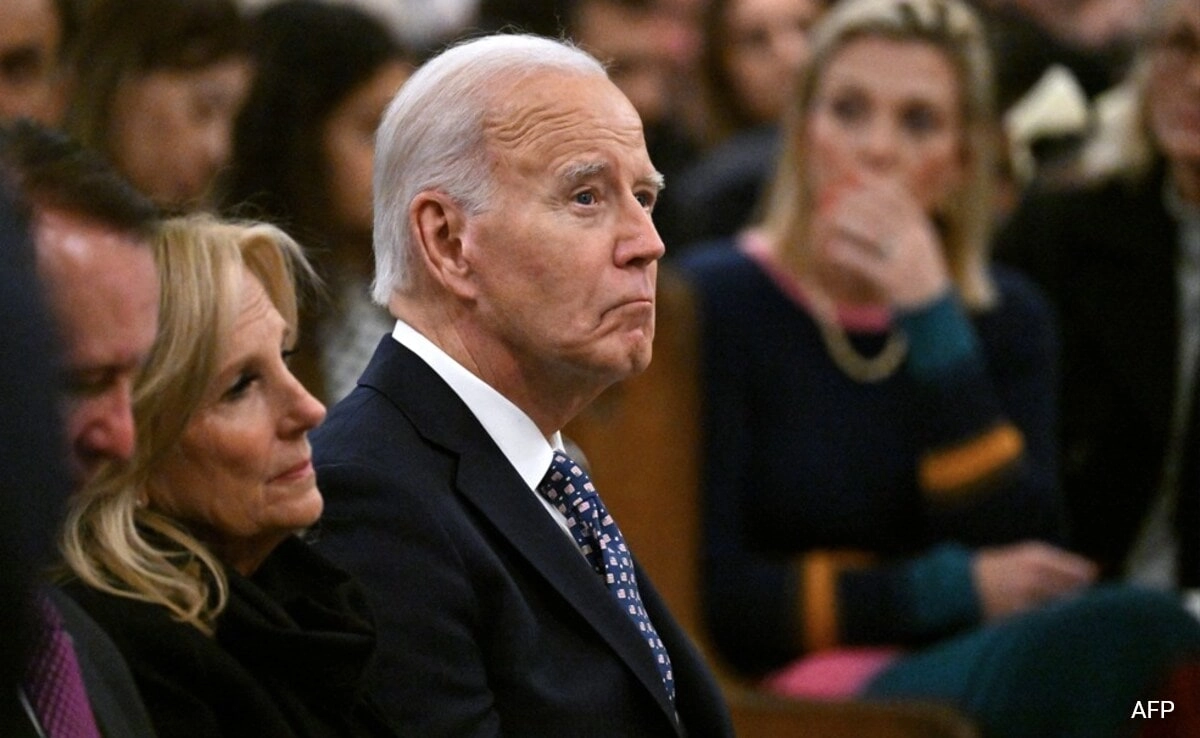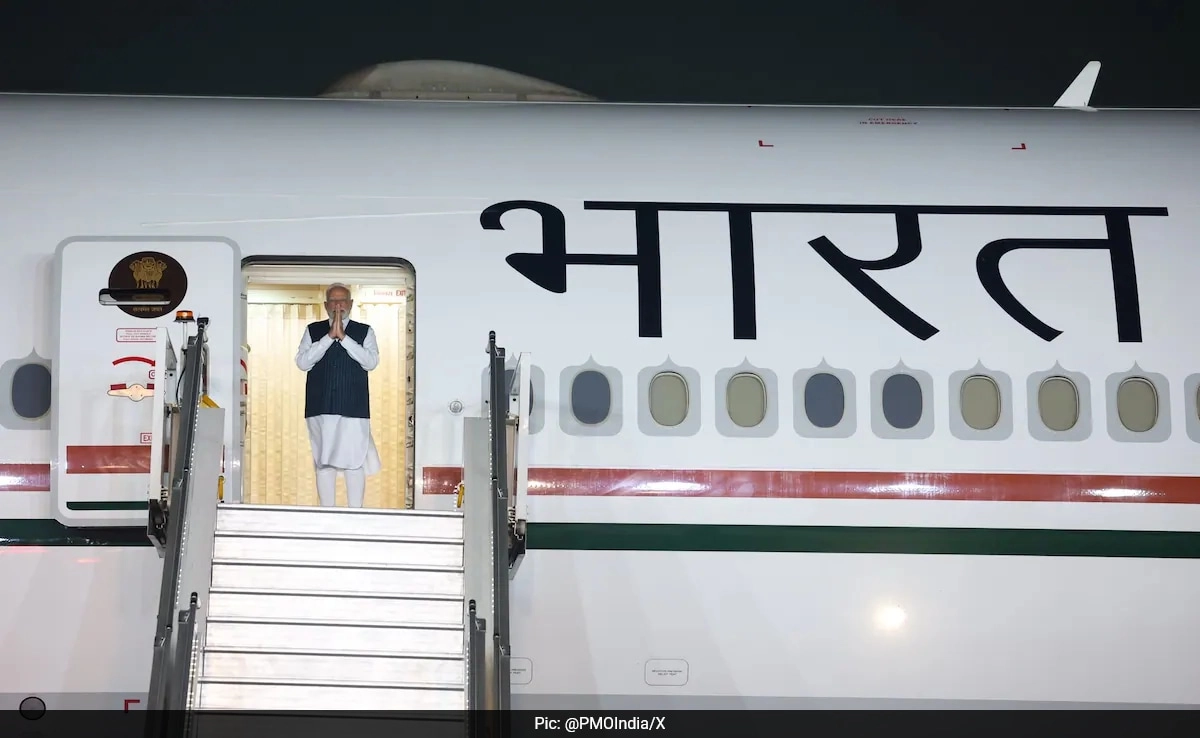In a striking exchange that has garnered widespread attention, Elon Musk recently directed a pointed remark at a journalist who received sensitive U.S. war plans. The incident unfolded in the context of ongoing discussions about the transparency of information in the digital age and the responsibilities that come with it. Musk’s comment, encapsulated in the phrase “No One Ever,” reflects a broader critique of those in the media who may prioritize sensationalism over responsible reporting. This incident raises important questions about the boundaries of journalistic integrity and the ethical implications of publishing classified information.
The journalist in question, who allegedly obtained and reported on classified U.S. war plans, found themselves at the center of a heated debate about the implications of such disclosures. Musk’s dig suggests a disapproval of the journalistic practices that prioritize breaking news over national security. This situation illustrates the delicate balance that journalists must navigate: the need to inform the public while also considering the potential repercussions of their reporting on national and global stability. Musk’s remarks resonate with a growing concern among many observers regarding the role of media in shaping perceptions and the potential consequences of disseminating sensitive information.
Moreover, Musk’s comment comes at a time when the relationship between technology, media, and governance is under intense scrutiny. As a prominent figure in both the tech world and public discourse, Musk’s perspective carries significant weight and reflects a broader sentiment shared by many regarding the accountability of journalists. The incident serves as a reminder that while freedom of the press is a cornerstone of democracy, it must be exercised with a sense of responsibility and awareness of its impact on society. As the lines between information and misinformation blur, the media landscape continues to evolve, prompting ongoing discussions about ethics, responsibility, and the role of journalism in a complex world.
In light of these developments, it is crucial for journalists to reflect on their practices and the potential implications of their work. This incident not only highlights the tensions between national security and the public’s right to know but also underscores the importance of ethical considerations in reporting. As public figures like Musk engage in conversations about media practices, it becomes increasingly important for journalists to uphold high standards and remain vigilant in their duty to inform without compromising safety and security. The discourse sparked by Musk’s comment may serve as a catalyst for more robust discussions about the future of journalism in an era defined by rapid technological advancements and shifting societal expectations.




